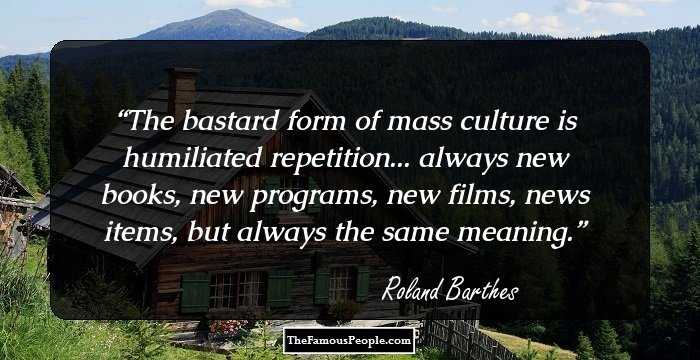
As animals scamper off at human approach, and just as all nature was vague, shadowy and supernatural without our modern scientific measurement and theorizing back in Heraclitu “NATURE LOVES TO HIDE.” Take the saying “Nature loves to hide.” It says a lot. “NATURE LOVES TO HIDE.” - Heraclitus Heraclitus was an Ancient Greek Wise Guy who lived at that early historical time when the tentative musings of the first rays of the Dawn of Civilisation were maturing into the sharp intellect of history’s bright and brilliant daylight. Stay far away from Haxton's kookish work.more Dennis Sweet's HERACLITUS: Translation and Analysis (University Press of America, 1995) is quite easily readable and entertaining. If you are interested in Heraclitus' thought, try getting a reputable scholarly translation.

One that really takes the cake is 89: "Ex homine in tricennio potest avus haberi," which simply means "A man could be a grandfather in thirty years." Haxton somehow comes up with "Look: the baby born under the new moon under the old moon holds her grandchild in her arms". Take, for example, Haxton's rendition of the fragment "Nyktipoloi, magoi, bakchoi, lenai, mustai", which is literally translated "Night-walkers, mages, bacchants, lenai, and the initiated", but which Haxton inexplicably expands to "Nightwalker, magus, and their entourage, bacchants and mystics of the wine press, with stained faces, and damp wits". Unless he were to look at the translation notes in the back, the average reader would be unaware that much of what he was reading wasn't actual said by the philosopher, but is just one modern translator's opinion. Instead of providing a footnote with his opinion on what the fragment may mean in context, as reputable scholars would do, Haxton simply adds content to the translation. But the translation itself is horrid.Ī lot of what the reader is getting here simply isn't Heraclitus. The Greek typeface used is very idiosyncratic and not conformant to classical norms. For one, Haxton doesn't use Diels' numbering scheme, favouring Bywater's dinosaur-era numbers, which means this work is out of touch with most collections of Heraclitus. It is a disastrous experiment, and I cannot recommend it either to students of Greek or readers interested in the pre-Socratics.

For one, Haxton doesn't use Diels' numbering scheme, favouring Bywater's dinosaur-era numbers, Heraclitus' FRAGMENTS come here in the original with a facing-page translation by Brooks Haxton that tries to do to the pre-Socratic philosopher what no earlier translator has done, make him a New-Ageish wisdom poet in tune with our modern needs. Heraclitus' FRAGMENTS come here in the original with a facing-page translation by Brooks Haxton that tries to do to the pre-Socratic philosopher what no earlier translator has done, make him a New-Ageish wisdom poet in tune with our modern needs.
#Hope fragments meaning series
Readers trust the series to provide authoritative texts enhanced by introductions and notes by distinguished scholars and contemporary authors, as well as up-to-date translations by award-winning translators.more With more than 1,700 titles, Penguin Classics represents a global bookshelf of the best works throughout history and across genres and disciplines.

Now, acclaimed poet Brooks Haxton presents a powerful free-verse translation of all 130 surviving fragments of the teachings of Heraclitus, with the ancient Greek originals beautifully reproduced en face.įor more than seventy years, Penguin has been the leading publisher of classic literature in the English-speaking world. His great book, On Nature, the world's first coherent philosophical treatise and touchstone for Plato, Aristotle, and Marcus Aurelius, has long been lost to history-but its surviving fragments have for thousands of years tantalized our greatest thinkers, from Montaigne to Nietzsche, Heidegger to Jung. In the sixth century b.c.-twenty-five hundred years before Einstein-Heraclitus of Ephesus declared that energy is the essence of matter, that everything becomes energy in flux, in relativity.

His great book, On Nature, the world's first coherent philosophical treatise and touchstone for Plato, Aristotle, and Marcus Aurelius, has lo Fragments of wisdom from the ancient world Fragments of wisdom from the ancient world In the sixth century b.c.-twenty-five hundred years before Einstein-Heraclitus of Ephesus declared that energy is the essence of matter, that everything becomes energy in flux, in relativity.


 0 kommentar(er)
0 kommentar(er)
